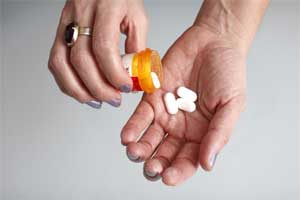
What is Methadone And Can You Get Addicted?
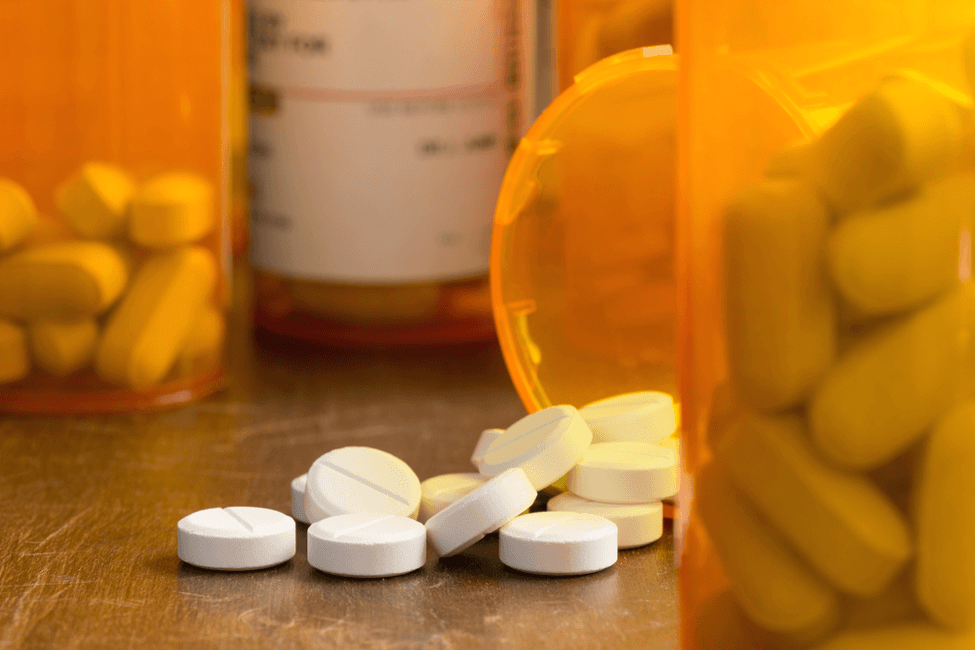
Opiates are some of the most commonly prescribed medications in the United States. Normally, they’re used to treat pain. But, they can also be used as a method to wean people addicted to other drugs, like heroin, off them. A well-known opiate, known as methadone, is typically prescribed to treat severe pain in patients, but its usage can snowball toward a more dangerous path.
What is Methadone and How is it Used?
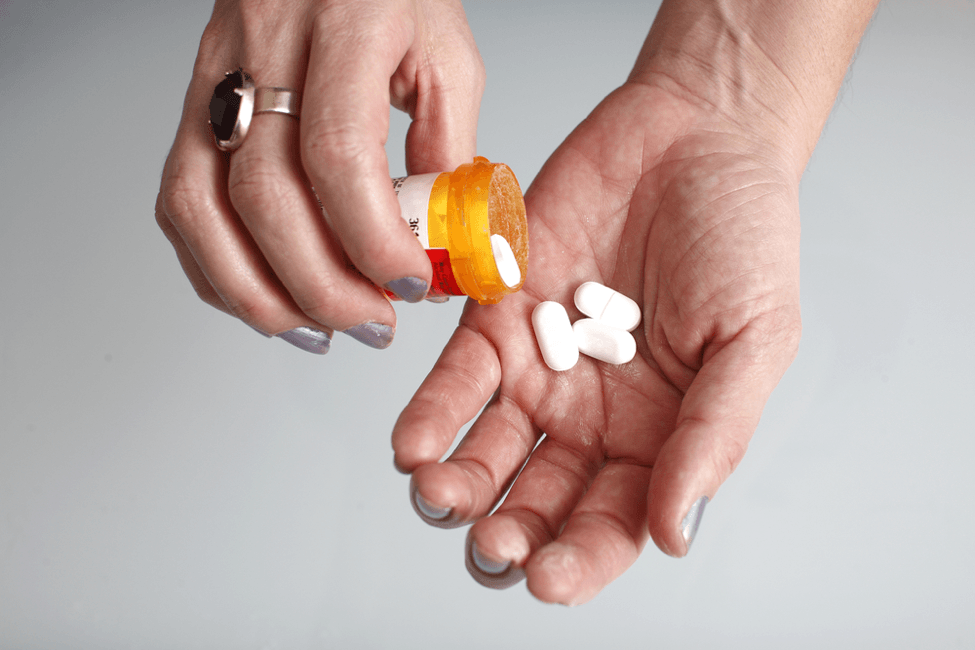
Methadone is a pain medication that’s also sometimes referred to as a narcotic. Methadone is typically prescribed in a pill form to individuals with moderate to severe pain, such as those with chronic back pain or those who have recently had a serious injury. The drug tends to have a relaxing, sedative effect on the body, placing the patient into a calmer state to help them sleep or reduce anxiety.
More recently, methadone has also become a drug that helps individuals with a drug addiction lessen their pain during the recovery process. The drug can especially help take the edge off intense withdrawal symptoms without causing an individual to feel high.
Potential Side Effects of Methadone
Like most drugs, methadone usage doesn’t come without some potential side effects. This drug is strong, and most commonly results in physical side effects, like fatigue, dizziness, and confusion. Other symptoms can include nausea, trouble sleeping, difficulty breathing, pain, and muscle cramps.
Those with severe breathing problems should not take methadone, as it can affect your breathing pattern. And, in rare cases, arrhythmia and other heart problems can stem from taking this medication. Often, your doctor will monitor your vitals on the medication to ensure that no complications arise during your treatment.
Is Methadone Addicting?
Yes, like any opiate, methadone can be addicting. According to the American Society of Addiction Medication, opiates are among the leading cause of drug overdose deaths in the United States. In 2015 alone, over 20,000 overdose deaths stemmed from the misuse of prescription pain relievers like methadone.
Simply, opiates change the way your brain works. Your brain has receptors for opiates that methadone clings to, just like heroin and other opiates. But, methadone stays there for hours, and sometimes days. Your brain may begin to crave the drug, causing intense pain and psychological symptoms when you go without a fix of methadone for a period of time.
Unfortunately, overprescribing of painkillers has been an issue in recent years. Where doctors used to reserve prescriptions for those who needed them most, more and more patients now have easy access to opiates for different levels of pain.
How to Recognize a Methadone Addiction
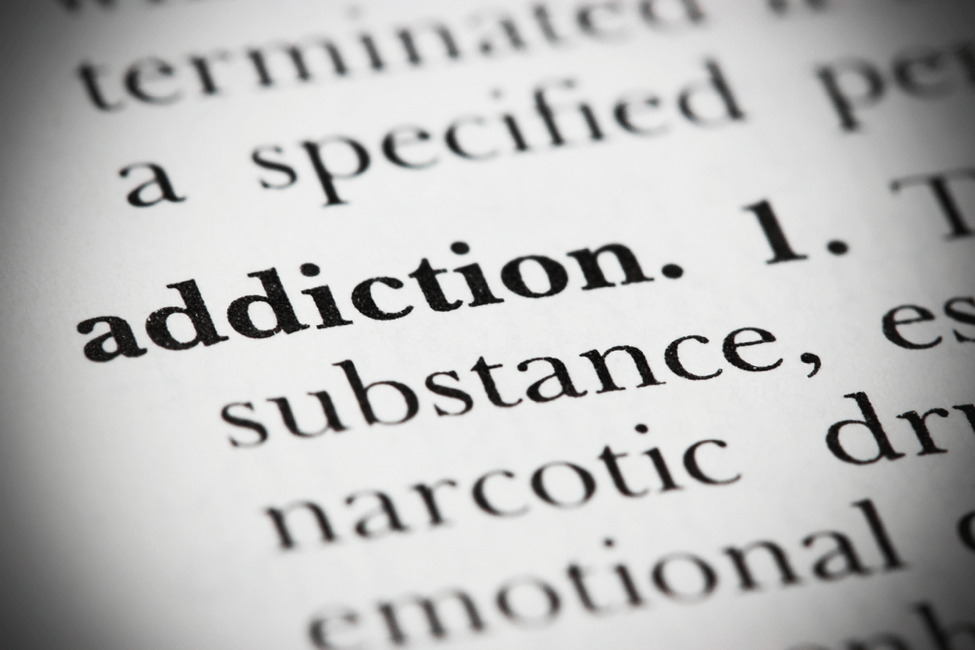
Methadone addiction may not be easily recognizable at first. It’s normal for an addicted individual to lie to himself and his friends and family. He might be able to hide his addiction for a while until it takes over his better judgment.
Common signs of an addiction to methadone include:
- Taking more of the drug than what was once needed. This means that the body has developed a tolerance to the amount you were taking and now craves more to give you the same result. You might start experiencing withdrawal symptoms that you ward off by taking more methadone.
- Choosing methadone use over people and activities. If you find that you care more about getting methadone into your body than doing things you once enjoyed, you might be developing an addiction.
- Extreme changes in behavior. You may be more irritable, lose your self-control, and engage in dangerous or self-sabotaging behaviors.
What to Do if You’re Addicted to Methadone
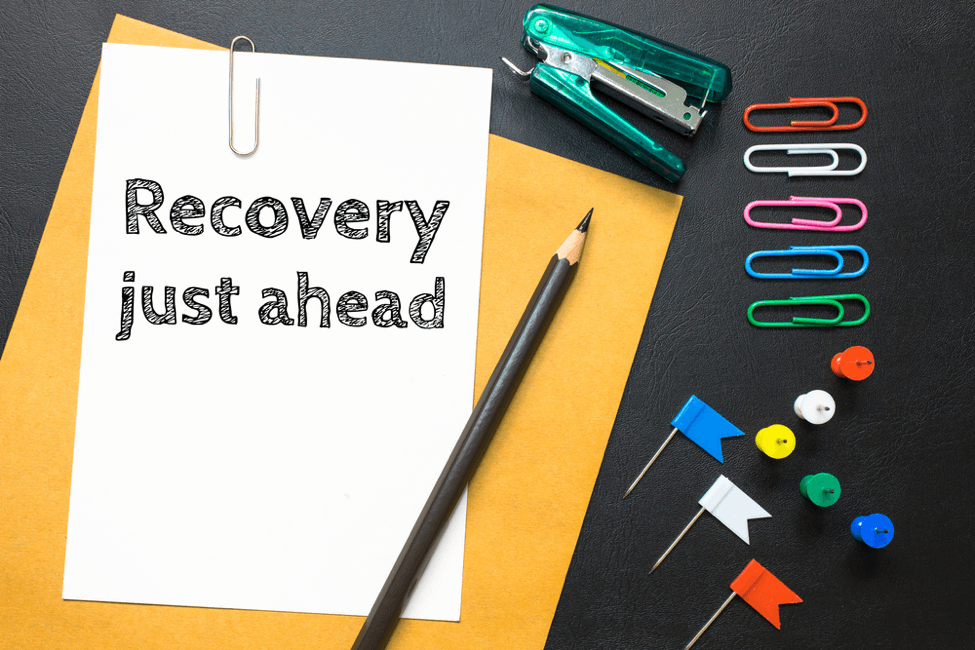
If you believe you’re addicted to methadone, you have a few options.
First, you need to let your loved ones know. They are the people who will be by your side throughout your recovery and can support you when you need it most. Don’t be afraid of getting judged; those closest to you will help.
Next, look into methadone treatment centers with the help of your doctor and support system. Your recovery center should provide ample physical and emotional support during your stay, meet your needs financially, and have a program in place that can help you with your long-term recovery at home after you complete your initial detox at the center.
